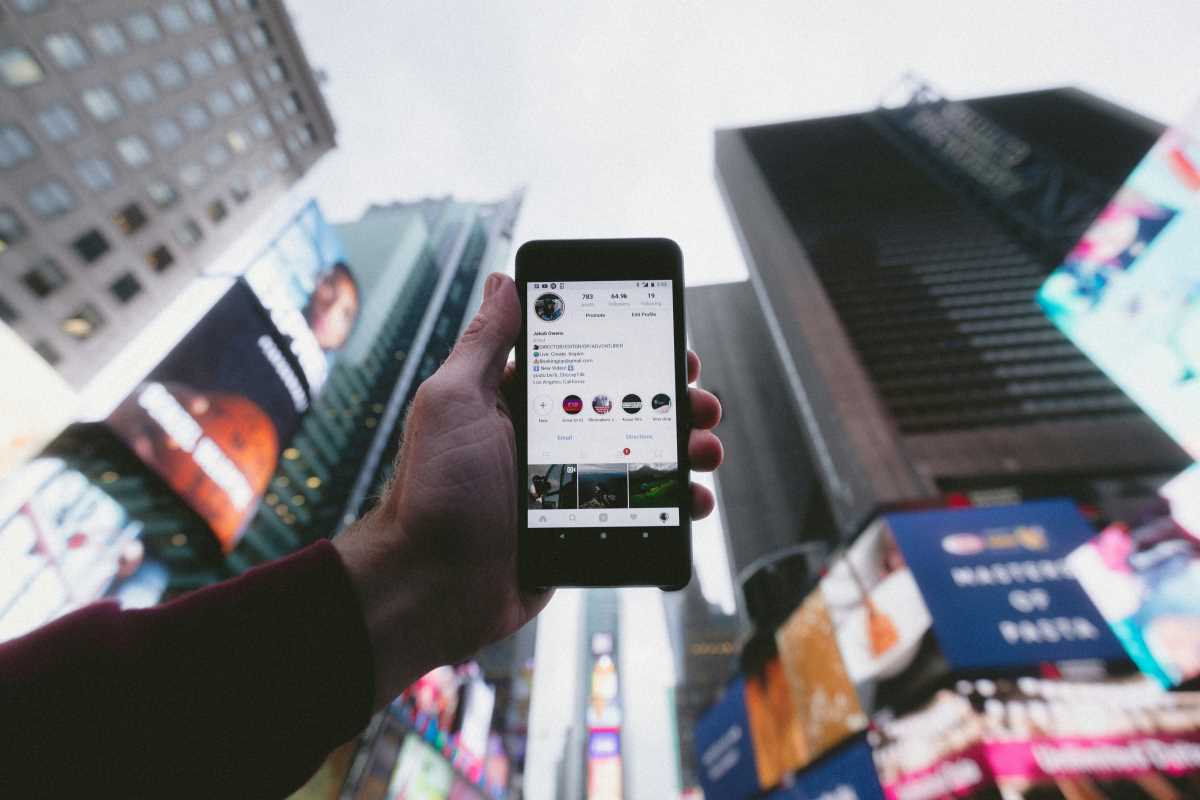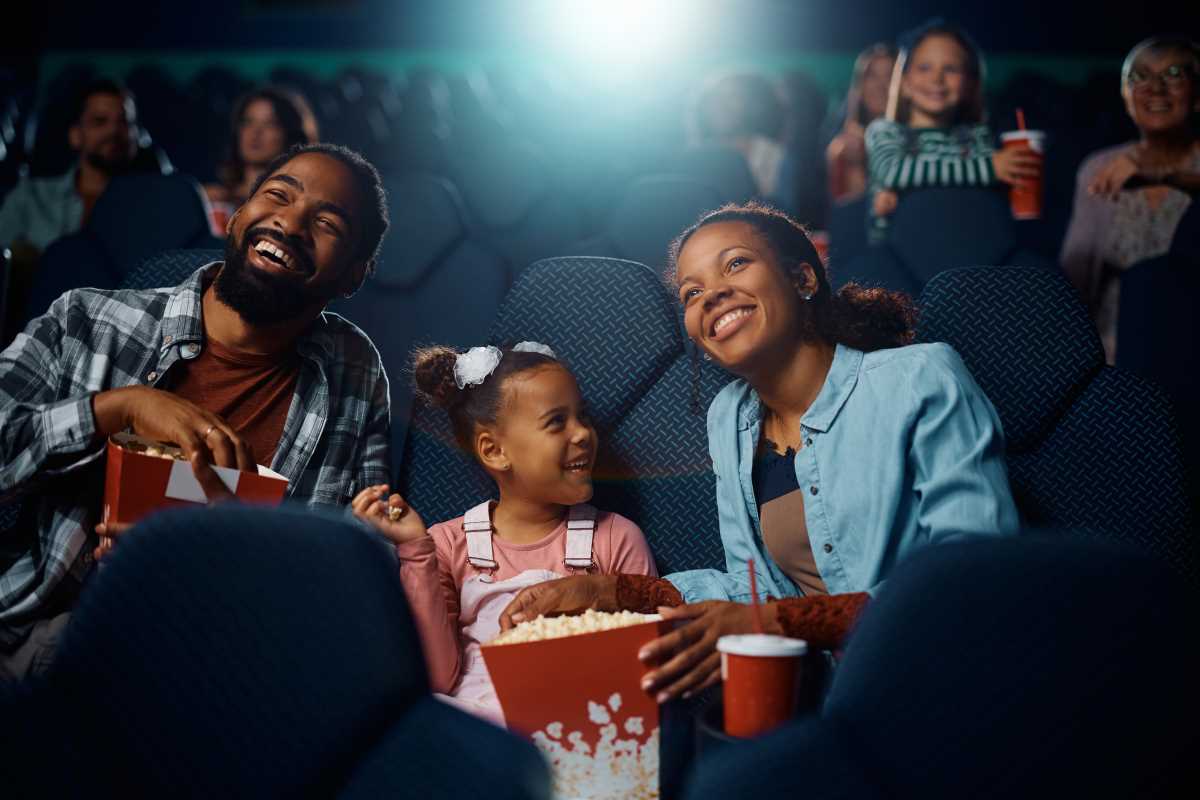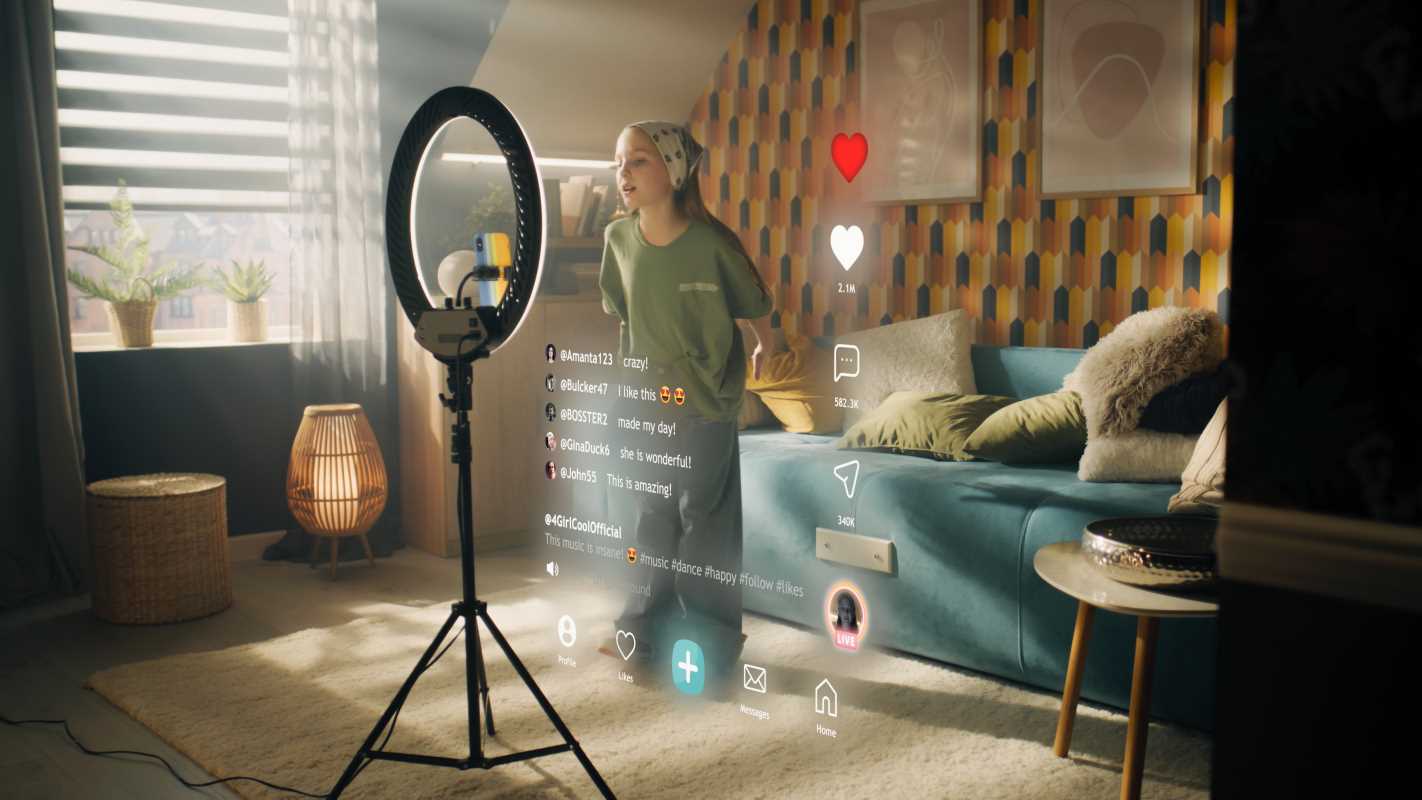Celebrity culture has experienced a dramatic transformation in the digital era, largely due to the rise of social media and the ever-changing tech landscape. For those of us who remember a time before the internet, celebrity culture was a different beast. Stardom felt more distant, more glamorous, and, frankly, a bit more mysterious. We knew our favorite actors from their movies, maybe a magazine interview or two, but that was about it.
Today, the digital revolution has completely transformed the landscape of fame. While some may lament the shift, it's undeniable that social media and the internet have fundamentally altered how we perceive and interact with celebrities. Let's delve into this evolution, exploring the changes and what they mean for both celebrities and their audiences. Where once stars seemed larger than life, reserved for the big screen or television, today’s celebrities are often just a click away on Instagram, TikTok, or Twitter.
Limited Access, Big Stars
In the past, stardom was an exclusive club. Celebrities were often discovered through traditional media channels—magazines, movies, television shows, and the occasional interview in the paper. People knew who these stars were, but the relationship was largely one-sided. Sure, we might have seen their pictures in magazines or read about them in the paper, but we didn’t know them as individuals.
For example, in the 1970s or 1980s, you might have seen a movie like Star Wars or heard your favorite rock band on the radio, but the personal lives of those behind these roles were a mystery. If you were a fan of Tom Hanks or Princess Diana, you admired their work and occasionally read an interview, but you weren’t invited into their day-to-day lives. There was no way to know what they had for breakfast or hear their thoughts on political issues in real-time. You enjoyed their work, but you didn’t form a personal connection.
More Access, More Problems
Today, the world of celebrity has changed, and it’s all thanks to digital technology. The internet, social media platforms, and streaming services have made it easier for anyone—yes, anyone—to become a "star." Instead of relying solely on traditional channels like television or film, today’s celebrities are often self-made through platforms like YouTube, Instagram, and TikTok.
This shift has made stardom more accessible to a wider variety of people. No longer do you need a Hollywood studio to validate your fame; all you need is a smartphone and the right social media strategy. In the digital age, influencers—people who gain large followings on social media—are a new type of star. For many, these influencers feel closer and more relatable than the old-school celebrities of previous generations.
What are Parasocial Relationships?
What makes this era of celebrity so different? It's the rise of what is known as the parasocial relationship. This term refers to the one-sided bond that people form with celebrities or influencers, thanks to social media. While it may seem odd, parasocial relationships have become a defining feature of modern celebrity culture.
With stars posting behind-the-scenes glimpses of their lives, engaging in direct conversations with fans, and even responding to comments or messages, social media has blurred the line between the public and the private. Whereas in the past, you might have read about a celebrity’s life, today, you feel like you know them. This is a powerful phenomenon that didn’t exist for previous generations.
In the old days, public relations teams carefully curated a celebrity’s image, and personal details were often reserved for the privacy of their personal lives. Today, however, celebrities often control their own narratives and invite their fans into their world through photos, videos, and posts. This sense of intimacy has led to a sense of connection with people who, in reality, we’ll likely never meet.
The Ever-Changing Definition of Stardom
As a tech enthusiast, I understand the need to critique some aspects of this digital age, even as I defend the younger generations. Millennials and Gen Z are often the targets of criticism, especially when it comes to their use of social media. But what gets overlooked is how these generations have reshaped celebrity culture in a more inclusive and democratized way. In the past, fame was primarily reserved for the elite. Today, technology has opened up new avenues for people of all backgrounds to rise to prominence. A high school student can post a viral dance on TikTok and gain millions of followers. That wasn’t even a possibility a few decades ago.
However, this shift hasn’t come without its flaws. The downside of this constant connectivity is the pressure it places on both the celebrities and their fans. The more accessible stars are, the more fans expect from them. With social media, there’s always the temptation to overshare, to stay relevant, and to constantly produce content. For fans, the desire for "authenticity" often leads to unrealistic expectations, leaving them feeling disappointed when a star doesn’t live up to their online persona.
There’s also the issue of “influencers”—a term that many older generations roll their eyes at. While influencers might gain fame and fortune from creating relatable content, the value of physical media and true talent often feels lost. It’s one thing for someone to be famous for their talent or acting ability, but quite another to be famous for posting selfies or promoting products.
While social media and digital platforms have certainly made celebrity culture more accessible, they’ve also fundamentally changed the nature of what it means to be famous. Where celebrities of the past were figures we admired from a distance, today’s stars are people we feel connected to—often through parasocial relationships that can be just as fulfilling (or confusing) as real friendships.
As we continue to navigate these digital environments, it’s important to remember that while technology can bring us closer to the stars, it can also bring a host of complications. The intimacy of social media might make fame feel more authentic, but it can also expose us to a kind of pressure that generations before never faced.




.jpeg)
.png)
.png)
